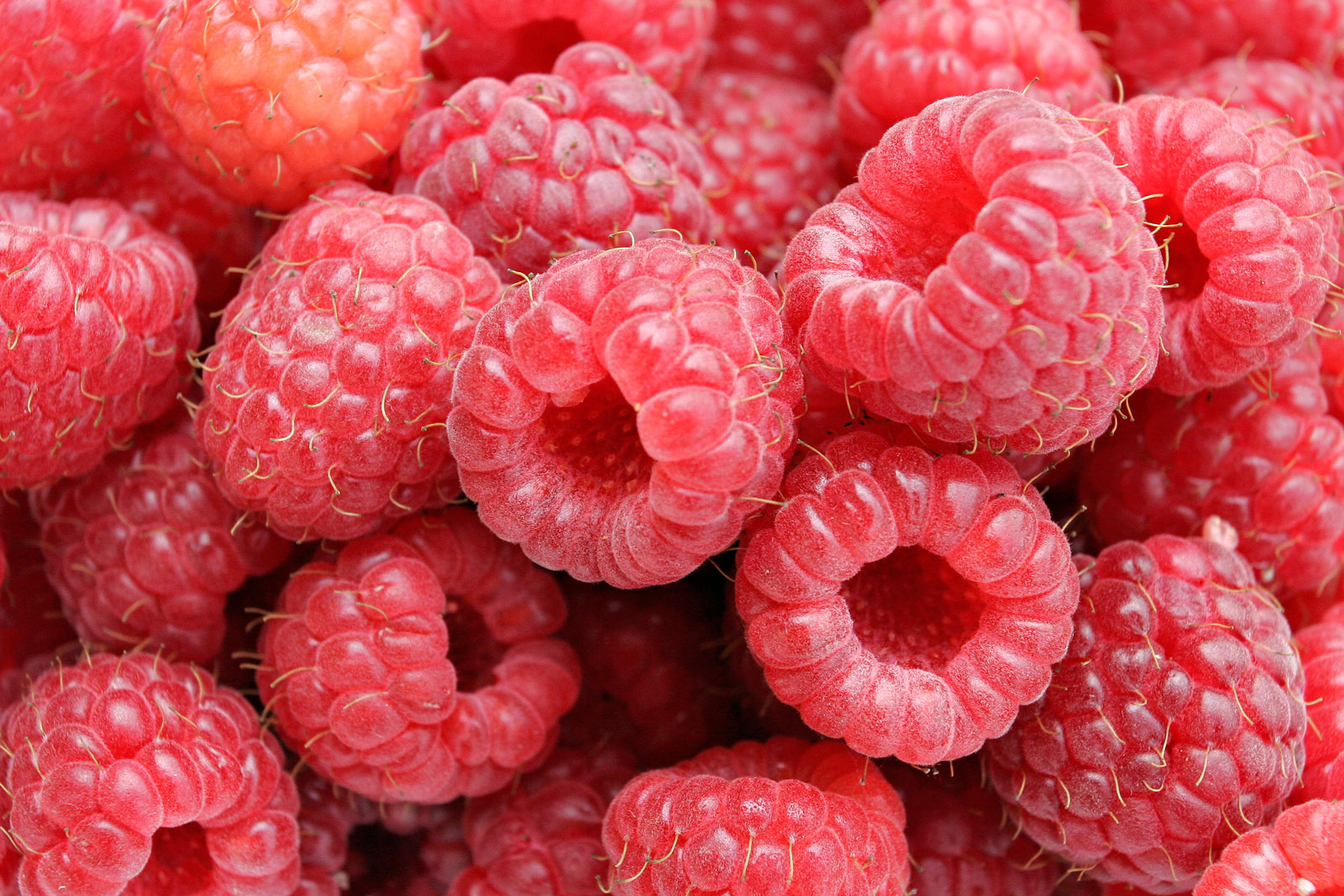- Home
- Editorial
- News
- Practice Guidelines
- Anesthesiology Guidelines
- Cancer Guidelines
- Cardiac Sciences Guidelines
- Critical Care Guidelines
- Dentistry Guidelines
- Dermatology Guidelines
- Diabetes and Endo Guidelines
- Diagnostics Guidelines
- ENT Guidelines
- Featured Practice Guidelines
- Gastroenterology Guidelines
- Geriatrics Guidelines
- Medicine Guidelines
- Nephrology Guidelines
- Neurosciences Guidelines
- Obs and Gynae Guidelines
- Ophthalmology Guidelines
- Orthopaedics Guidelines
- Paediatrics Guidelines
- Psychiatry Guidelines
- Pulmonology Guidelines
- Radiology Guidelines
- Surgery Guidelines
- Urology Guidelines
Raspberries decrease postprandial blood sugar in Type 2 Diabetes, finds study

Eating raspberries may help adults with type 2 diabetes to fight Postprandial blood sugar and Acute and Chronic Inflammation: reports a study published in the Journal "Annals of nutrition and metabolism". Raspberries are low in calories and high in polyphenols and other nutrients which may lower postprandial hyperglycemia and inflammation.
Therapeutic aspects of red raspberry are of botanical interest from around 4 A.D. Different parts of a raspberry plant like leaves and other parts have been used for treating morning sickness, digestion etc. but not much research has been done on this "nature's sweet candy". Dietary polyphenols and other bioactive compounds in berries have been shown to improve postprandial hyperglycemia and related metabolic impairments, but very few clinical studies have reported benefits in diabetes. Red Raspberries are rich in polyphenols which helps fight against diseases like cancer, heart diseases, and circulatory diseases.
To explore the benefits of this fruit in diabetes, in a recent study, scientists have examined daily dietary raspberries on postprandial and 4-week fasting glucose, lipids and biomarkers of inflammation in obese adults with type 2 diabetes. Postprandial metabolic impairments in diabetes have been shown to play an important role in vascular complications. In their study, they found that dietary raspberries, which are low in calories and high in polyphenols and other nutrients may lower postprandial hyperglycemia and inflammation, and in general, exert selected anti-inflammatory effects in adults with diabetes.
The researchers conducted a randomized crossover study with 2 different phases: a “postprandial phase” of acute raspberry supplementation (2 separate days at least 1 week apart), followed by a 1-week washout phase and then a 10-week “diet supplement phase”, with and without raspberry supplementation periods of 4 weeks each, separated by 2-week washout phase.
The postprandial phase revealed significantly lower levels of serum glucose at 2 and 4 h postprandial after raspberry versus control phase. In addition, among the serum biomarkers of inflammation, interleukin (IL)-6 and high-sensitivity tumor necrosis factor alpha (hsTNF-α) were also lower at 4 h postprandial following raspberry versus control meal. Finally, postprandial serum triglycerides showed a decreasing trend at 4 h in the raspberry versus control phase. Four-week daily raspberry supplementation continued to show significant lowering effects on IL-6 and hsTNF-α versus control phase; systolic blood pressure revealed a decreasing trend after 4-week of raspberry supplementation. No effects were noted on fasting glucose and lipids, C-reactive protein and arterial elasticity.
To read the full article click on the link below: https://doi.org/10.1159/000497226

Disclaimer: This site is primarily intended for healthcare professionals. Any content/information on this website does not replace the advice of medical and/or health professionals and should not be construed as medical/diagnostic advice/endorsement or prescription. Use of this site is subject to our terms of use, privacy policy, advertisement policy. © 2020 Minerva Medical Treatment Pvt Ltd